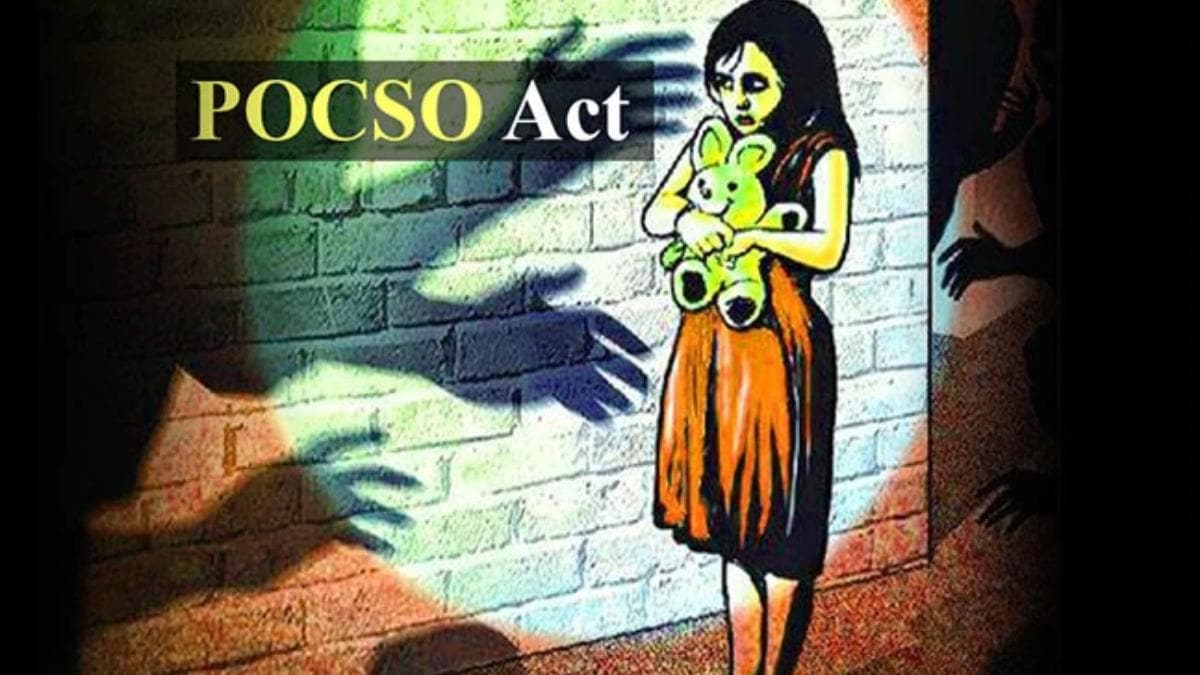If the victim of sexual assault is a child and she falls under Section 2(1)(d) of the POCSO Act, her consent or her lack of objection to indulge in sexual intercourse is not legally valid. A single judge bench of Justice P Velmurugan while adjudicating the matter in Pathiban v. The State; [Crl.A.No.67 1 of 2019], dealt with the issue of sexual assault upon a minor.
A case was filed against the accused for sexual assault under the POCSO Act. The learned counsel appearing for the appellant/accused would submit that the prosecution has failed to prove its case beyond reasonable doubt. The victim girl has not disclosed the facts correctly and the evidence of the victim girl is not trustworthy. The trial Court convicted the appellant only based on the evidence of the victim girl. The victim girl was produced before the learned Judicial Magistrate for recording the statement under Section 164 Cr.P.C in which, she has clearly stated that she came out of her house as she got angry with her parents and went to Tirupathi, and after she knew that her parents had given a complaint, she came back.
The learned Government Advocate (Crl. Side), appearing on behalf of the respondent police, would submit that, at the time of occurrence, the age of the victim girl was only 17 years and she had not completed 18 years of age. The victim girl has clearly stated that, since her mother scolded her, she left the house, and at that time, the victim girl met the appellant; the appellant misguided her and also forced her to come with him and also took a gold chain from the victim girl and arranged money and left to Tirupathi and stayed there; subsequently, they went to Velankanni and stayed there at a lodge; during that period, the appellant committed sexual assault on her; when she refused and denied, he threatened her and had forcible sexual intercourse with her. The appellant forcibly took the victim girl to Tirupathi, and subsequently to Velankanni and several other places without the consent of either the victim girl or her parents, who are the lawful guardians of the victim girl. Since the victim girl had not completed 18 years of age, she was a minor at the time of occurrence. Therefore, since the appellant had sexual intercourse with the victim girl, who was a child under the definition of POCSO Act, he has committed the offence punishable under Section 6 of the POCSO Act.
The Court upon considering the aforesaid facts dismissed the appeal, convicted the accused and stated that “From the oral and documentary evidence, the prosecution has proved that the appellant removed the custody of the victim child from her parents, who are the lawful guardians, without their consent, and subsequently, had forcible penetrative sexual intercourse with her, and therefore, the appellant has committed the offences punishable under Section 366 IPC and Section 6 of the POCSO Act. Though there are contradictions from the evidence of the prosecution witnesses, the contradictions are not material contradictions, which will go to the root of the case of the prosecution. This Court does not find any reason to discard the evidence of the victim child.”


